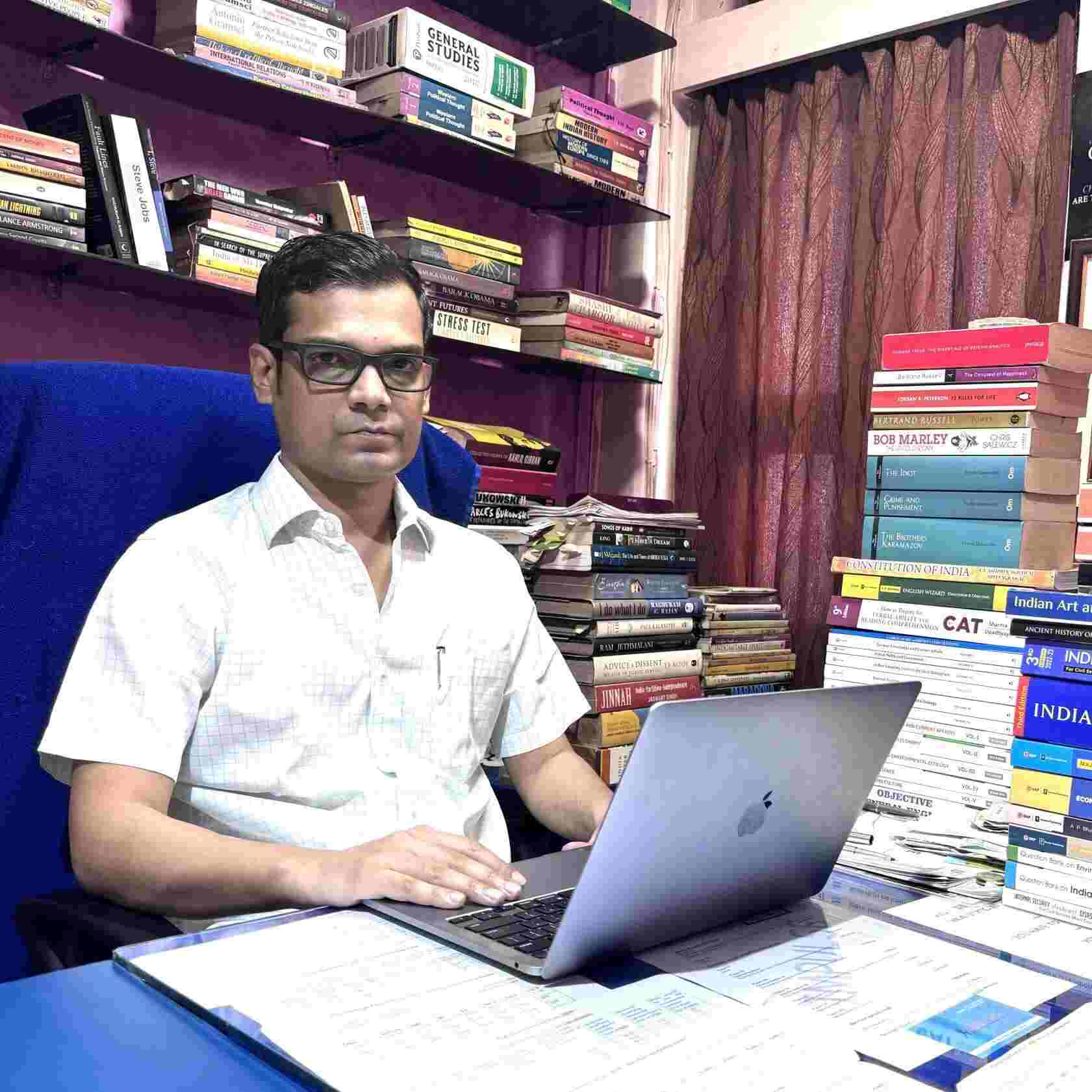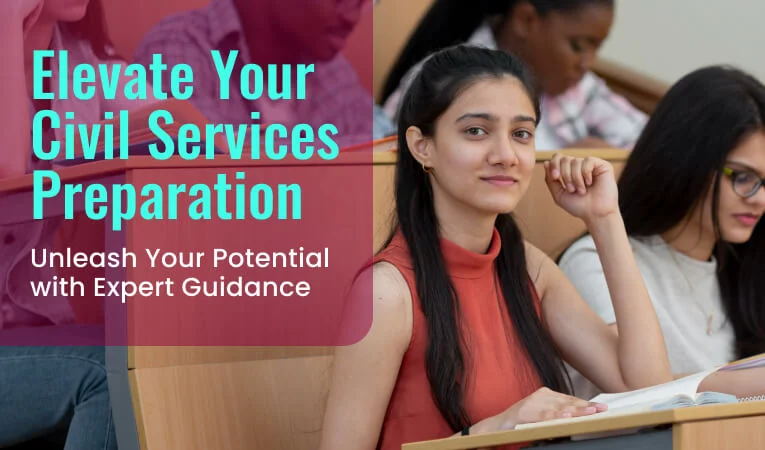Make IAS your PULSE
with IMPULSE
Fresh CSE “WEEKEND” GS 2025 Batch will be commenced 13.04.2024
Fresh PSIR will be commenced SEPTEMBER, 2024

Deb Mukherjee
Chief Mentor, IMPULSE IAS
 April 18,2024
April 18,2024
Many thousands of individuals take the UPSC IAS test each year, yet relatively few candidates are selected for positions. With one of the broadest syllabi, the UPSC IAS Exam is one of the most competitive examinations. Although it is not simple, passing the IAS Exam is not unachievable.
This post on how to start preparing for UPSC is intended to assist students who want to pass the exam without physically attending the IAS Coaching. Choose the best civil services coaching to prepare yourself.
Create a comprehensive study schedule that addresses every subject and topic listed in the syllabus. Smartly divide time across classes and set up dedicated study hours every day. Establish reasonable completion dates and objectives for each issue.
Study Material Select the books and study materials suggested by professionals and accomplished applicants for the UPSC. Use reference books, common textbooks, and study guides tailored to the UPSC. Remember to include current affairs websites, periodicals, and newspapers.
Understanding the core ideas of each topic will give you a solid foundation and a thorough comprehension of the underlying ideas, theories, and historical occurrences. This will enable you to understand difficult subjects and provide insightful answers to queries.
Having a well-organized daily regimen for becoming an IAS officer. Prior to starting your preparations, establish a comfortable schedule and follow it. Creating a timetable can help you prepare more effectively and easily. If you had deadlines, you would complete the syllabus more quickly and work better. Analyze the IAS Subjects listed in the curriculum to ascertain your strengths and weaknesses.

Students who choose optional subjects have the chance to do well in those subjects. Optional courses divide and decrease the number of students trying a certain topic, especially in the Language and Literature disciplines. Because there is less competition, you have a better opportunity to raise your score and bring high points to your total score. Each applicant must carefully consider which optional topic would be ideal for them for the UPSC.
Many applicants complete their graduation in disciplines from which they want to choose their elective courses. If you have recently made up your mind, you may choose the elective you completed while attending school. If you are still deciding, you may choose courses that you are interested in and are acquainted with, or you can pick courses with a shorter syllabus that you know you can complete.
Additionally, you may choose an optional topic that crosses over into any of the GS subjects. The overlapping strategy is used by many candidates who choose an elective that is likewise heavily weighted towards General Studies. Consequently, a large chunk of GS is also studied in order to prepare for that selected optional topic. Though it could seem like a deceptive strategy, one should choose a choice only if it really appeals to them. Numerous extracurricular activities help with GS or Essay preparation in one way or another. For example, geography includes topics such as GS geography, environment, and climate change.
One of the most important skills for the UPSC Mains Exam is composing answers. Write your responses more systematically and succinctly. Develop your capacity for analysis and critical thought. To familiarise yourself with the exam format and time management, take practice exams and go through past year's question papers.
Take practice exams often to gauge your readiness and pinpoint areas for development. Examine your performance and address your areas of weakness. Review often to remember the material you have learned. Make brief notes or mental maps so you can review them quickly.
Preparing for the UPSC may be difficult and time-consuming. Maintain your motivation while you go. Be in the company of positive, like-minded people. Peruse the accomplishments of last year's top performers as a source of motivation. Remain focused and keep your long-term objective in mind.

Applicants should turn to a plethora of other resources for their preparation. The government sources are the most significant. Since the government is conducting this test, official sources are the most trustworthy. Government websites, such as the PIB and PRS, as well as national TV shows like AIR News and Rajya Sabha TV, are very beneficial. Examine many ARC reports to learn about typical administrative issues and potential fixes.
The first step in getting ready for the IAS Exam is to study the UPSC NCERT Notes. NCERT books are important for a number of reasons. NCERTs provide a thorough synopsis of the knowledge required for UPSC Exams. NCERT textbooks for grades six through twelve are crucial for IAS test preparation. NCERTs guarantee that the material is neutral, unbiased, and free of prejudice.
To ensure that the greatest number of people can read NCERTs, they are also written in very simple language. This characteristic facilitates applicants' comprehension of the texts without a lot of help. It will build a strong foundation for delving further into the same ideas with more intricate reference materials.
There are several ways to prepare for the UPSC 2024 IAS exam: become organized, learn the curriculum, read the newspaper or stay up to date on current events, choose elective courses, take notes, and practise answering questions.
From 2017 onwards after getting the first breakthrough by fetching rank into IPS, we are successively continuing with the success trajectory…. read more